Water Discharge Guidelines And Standards
- Amity University Haryana has installed a state-of-the-art Sewage Treatment Plant (STP) to ensure that treated water is used for irrigating the campus gardens. Drip and sprinkler irrigation methods further promote water conservation.
- The university adheres to strict water discharge standards to protect the ecosystem. Water from the campus is treated and reused for irrigation purposes in the herbal and vegetable gardens.
- Waste disposal in AUH handled with sensitivity and responsibility to minimize environmental impact and promote sustainability. Land-sensitive waste disposal practices are essential for university to contribute positively to their local ecosystems and communities. Here are some steps taken by AUH for responsible waste disposal:
- Waste Segregation: AUH Implement a robust waste segregation system on campus. Provide clearly marked bins for different types of waste, such as recyclables, organic waste, and non-recyclables. Education and awareness programs help students and staff understand the importance of proper segregation.
- Composting: AUH Establishing composting facilities for organic waste, including food scraps, yard waste, and other compostable materials. The resulting compost can be used for campus landscaping or community gardens.
- Reuse Programs: AUH Encourage the reuse of items such as textbooks, office supplies, and furniture. This not only reduces waste but also saves money for both the university and students.
- Green Purchasing: When the university purchases goods and equipment, prioritize environmentally friendly
- Sustainability Committees: AUH Form sustainability committees involving students, faculty, and staff to drive waste reduction initiatives and promote environmentally responsible behaviour.
- Environmental Impact Assessments: When planning new construction or infrastructure projects, conduct environmental impact assessments to evaluate the potential effects on local ecosystems and take measures to mitigate them.
- Heart shaped bin: In the campus heart shaped bin is established to aware students more about the environment cleanliness.
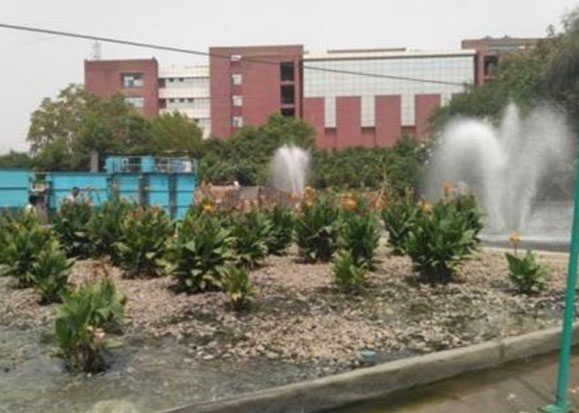
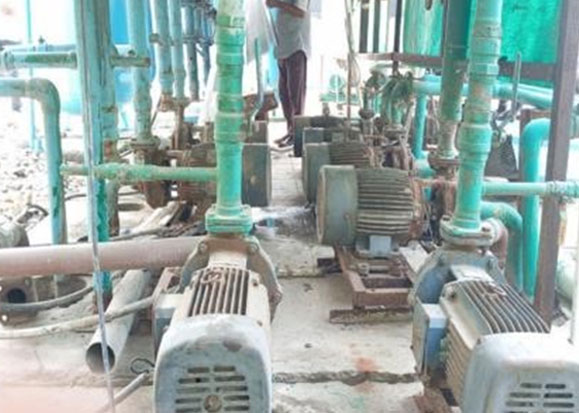
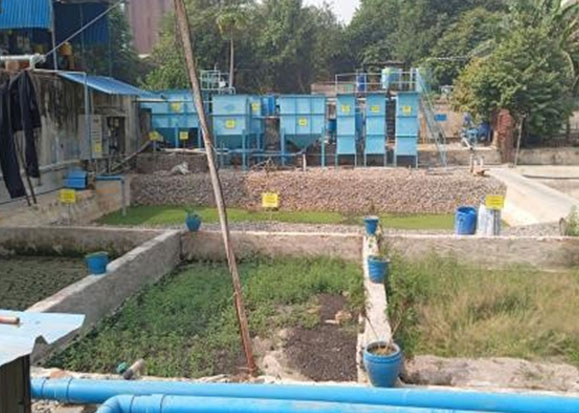
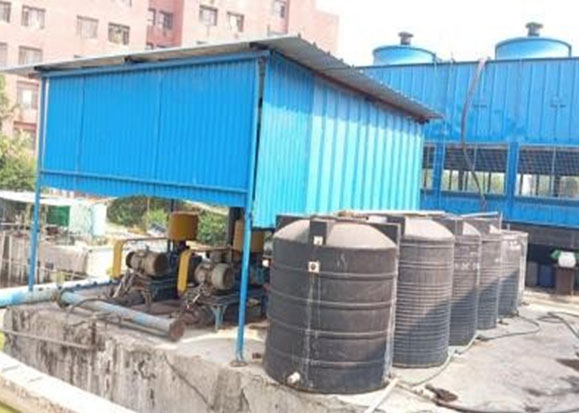
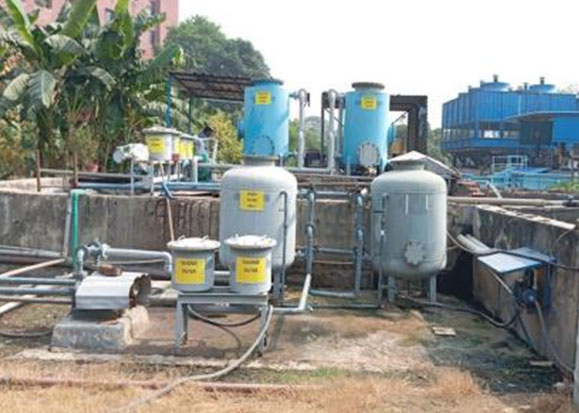
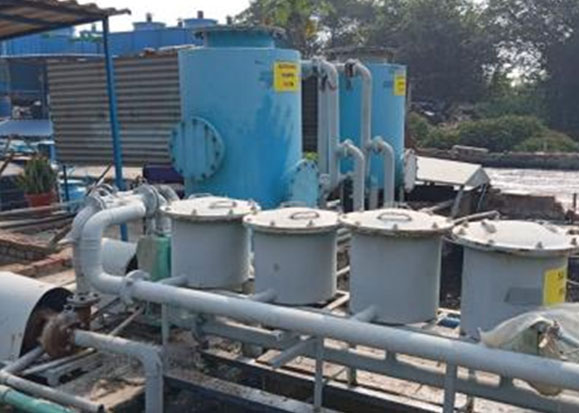
- Amity University Haryana now has two operating sewage treatment plants (STP) and two operational effluent treatment plants.
- STP Testing Report.
https://drive.google.com/file/d/1r5DYya7g5SrPYLC2zhnmYbdITTkHV g HK/view?usp=drive_link - Industrial Visit Botil Oil Tools India Pvt. Ltd Organized by Amity Business School on 1st September 2022
https://www.amity.edu/gurugram/abs/event-detail normal.aspx?mpgid=140&pgidtrail=141&typeId=2&EventsId=12692 - Screening and characterization of bioflocculant isolated from thermotolerant Bacillus sp. ISTVK1 and its application in wastewater treatment
https://www.scopus.com/inward/record.uri?eid=2-s2.0- 85152483856&doi=10.1016%2fj.eti.2023.103135&partnerID=40&md5 = 46698a7d4a7de14e29b706d0bbf76061 - Utilization of Burkholderia sp. ISTR5 for enhanced saccharification and fermentation of agricultural waste for production and upgradation of biogas by calcite-based bio-composite materials
https://www.scopus.com/inward/record.uri?eid=2-s2.0- 85170217468&doi=10.1016%2fj.biteb.2023.101608&partnerID=40&m d 5=af170e8df571f6943f6e3807168ff09a
Preventing Water System Pollution
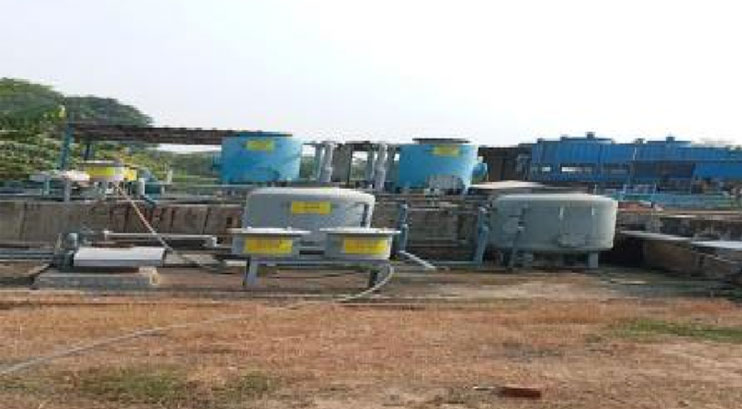
- Ecological Significance of River Ecosystems- Book Chapter
- Challenges and Management Strategies https://doi.org/10.1016/C2020- 0- 02111-0
- Research Paper on Geochemical characteristics and suspended sediments dynamics in the meltwater from the Gangotri Glacier, Garhwal Himalaya, India. DOI : 10.1007/s12665-023-10802-9
- Solid waste landfill sites for the mitigation of greenhouse gases Book Chapter10.1016/B978-0-12-823500-3.00010-8
Sr. |
Name of Inventors |
Title |
Complete/ Provisional |
Date of Submission |
Application No. |
Patent Published |
Status |
1 |
Preeti Thakur, Atul Thakur, Dinesh Kumar, P. |
‘AN ALKALINE WATER CELL PORTABLE DEVICE' |
Provisional |
6/9/2022 |
202211033072 |
1/5/2024 |
Published |
2 |
Shashi Bhushan Gupta, Hardial Singh, Sujit kumar, ASET, AUH, Manesar. E- mail: sbgupta@ggn.amity.edu |
‘A NOISELESS SILENCER ASSEMBLY BY USING ACTIVE METHOD OF CONTROL OF NOISE’ |
Provisional |
7/14/2022 |
202211040391 |
1/19/2024 |
Published |
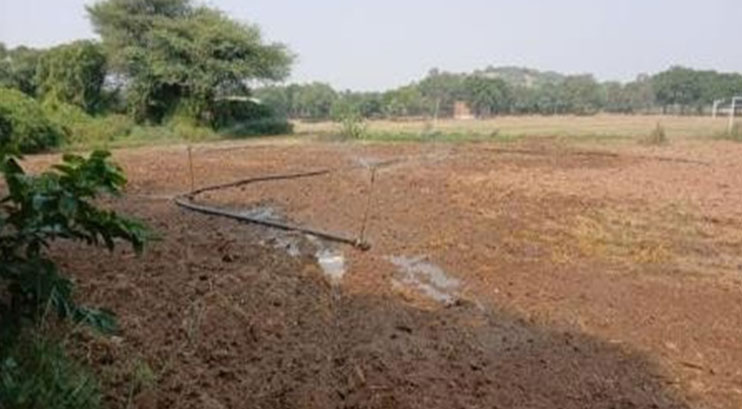
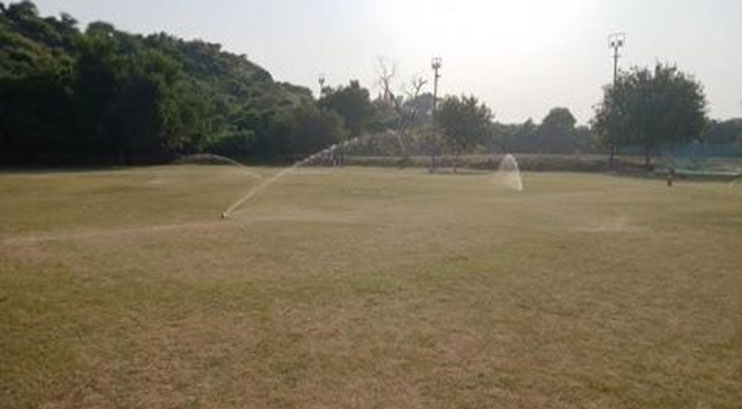
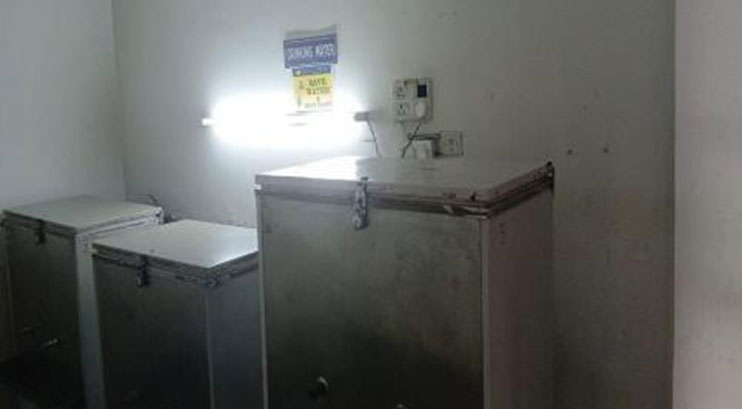
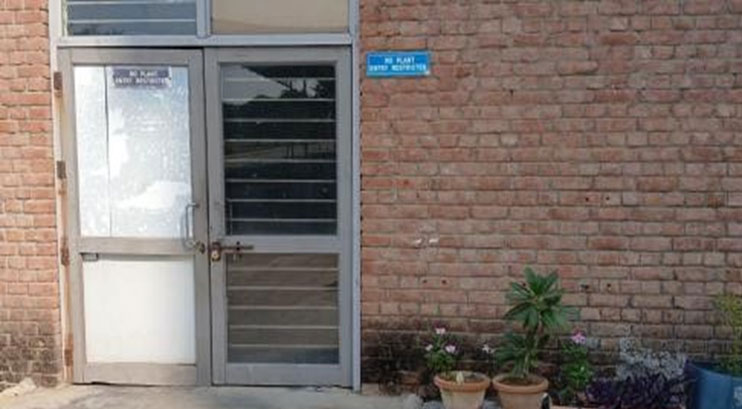
Centre of Excellence for Innovation in Education, Amity University Haryana, Gurugram celebrated 'World Water Day-2023' on "Water the Elixir of Life: Save it.
Free Drinking Water Provided
Amity University makes a special effort to provide students, staff, and visitors with free access to safe, clean drinking water. On the university campus, there are 48 water coolers spread between the dorms, academic blocks (A, B, C, and D), AIMC, and other sites. The specifics of where the water coolers are located are given as proof.
RAINWATER HARVESTING STRUCTURE AND UTILIZATION IN THE CAMPUS
Amity University Haryana is situated in a semi-arid area with no transient water sources, so rainwater is the only source of water that is available here for groundwater recharge, which is the university's primary source of water. Since the university's inception, rainwater harvesting facilities, which are comprised of a complex network of rainwater harvesting wells dispersed throughout the campus, have been an essential part of its development plan. The watershed contour of this area is used to determine the size and location of the water harvesting infrastructure, ensuring maximum rainwater harvest.
MAINTENANCE OF WATER HARVESTING STRUCTURE BEFORE RAINY SEASON
The university works to promote water efficiency and sustainability through the following methods:
- Encourage water-saving techniques among all University stakeholders.
- Maintain a close eye on and reduce the university's water usage.
- Native plants are planted to conserve water.
- Encourages the planting of native trees near and around the university to save water.
- Evaluates potential locations on campus where alternative water systems could be installed on a regular basis.
- Continue using cutting-edge water-saving technologies like rainwater collection, water reusing, etc.
Awareness Programs:
- EWorkshop on ‘Circular Economy & Zero Waste Campus Program’ Organized by Amity Centre of Excellence for Innovation in Education In collaboration with 3R and SDG Choupal on 22nd November 2022
- “Awareness Week on Waste Management” Organized by Chem Club of CBFS, Amity School of Applied Sciences from 14 to 20 November 2022
- Programmes and Courses
- Sustainably Farmed Food on Campus
- Maintaining and Extending Current Ecosystems' Biodiversity
- Educational Programs on Ecosystems
- Sustainable Management of Land for Agriculture
- Local Biodiversity Included in Planning and Development
- Collaboration for Shared Land Ecosystems
- Water Discharge Guidelines and Standards
- Policies
- Reports
© 2021 Amity University Gurugram. All Rights Reserved.
